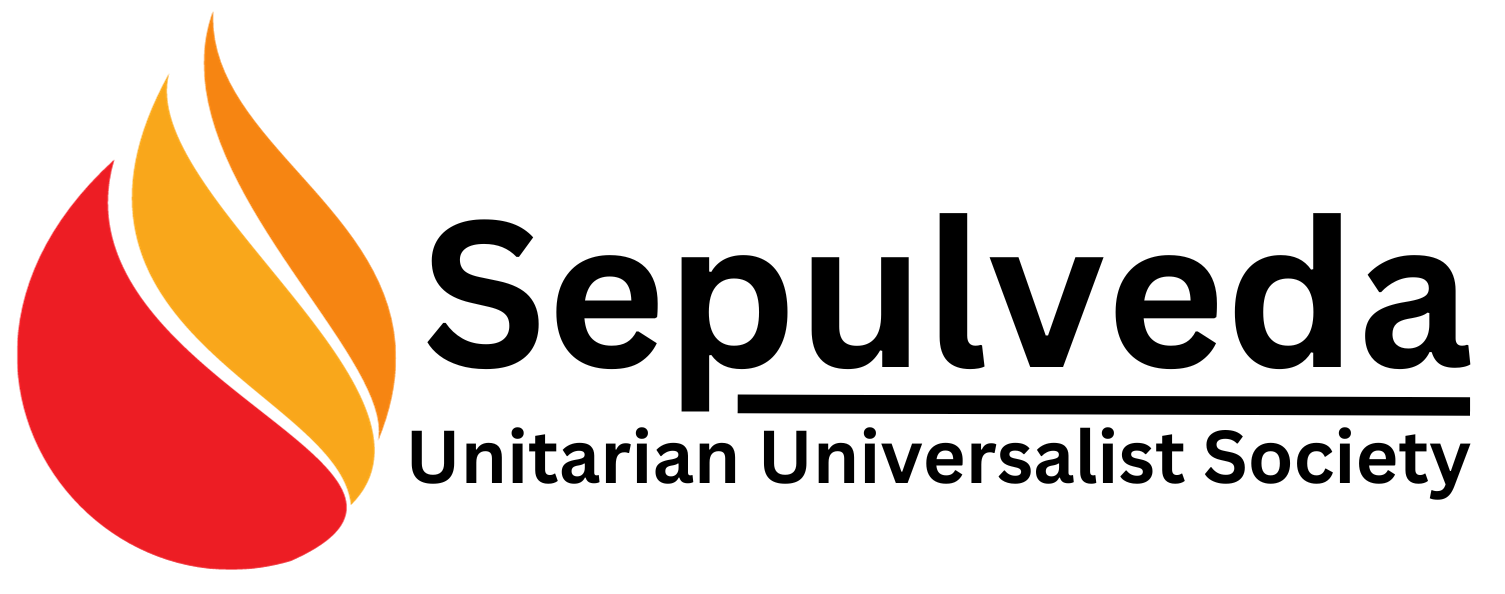Day 8: Understanding Addiction
We delve into the often misunderstood issue of addiction. Addiction affects millions of individuals and families, cutting across all demographics and backgrounds. By gaining a deeper understanding of addiction, we can approach this issue with the compassion and support that is needed for healing and recovery.
What Is Addiction?
Addiction is a chronic disease characterized by the compulsive use of substances or engagement in behaviors despite harmful consequences. It is not simply a lack of willpower or moral failing; rather, addiction is a condition that affects the brain’s reward system, leading to physical and psychological dependence.
Addiction can take many forms, including dependence on alcohol, drugs, gambling, food, or even activities like shopping or internet use. Regardless of the substance or behavior, addiction often leads to a cycle of craving, loss of control, and escalating use, which can have devastating effects on an individual’s health, relationships, and overall well-being.
The Impact on Individuals and Families
The impact of addiction extends far beyond the individual. Families and loved ones often suffer alongside those who are addicted, experiencing feelings of helplessness, fear, and frustration. Addiction can strain relationships, disrupt family dynamics, and lead to financial and emotional hardships. Children of parents with addiction issues may struggle with feelings of neglect, anxiety, and uncertainty.
However, it’s important to remember that recovery is possible, and with the right support, individuals and families can heal and rebuild their lives. The journey to recovery often involves professional treatment, peer support, and the love and understanding of a supportive community.
The Importance of Compassion in Addressing Addiction
Compassion is a cornerstone of any effective response to addiction. It guides us to approach addiction not with judgment, but with empathy and a commitment to justice. We understand that addiction is a multifaceted issue, influenced by genetic, psychological, and social factors, and that recovery requires a holistic approach. Those who are struggling with addiction often face stigma and shame, which can be significant barriers to seeking help. By approaching individuals with empathy and understanding, we can help break down these barriers and encourage a path toward recovery.
Here are some ways to practice compassion in addressing addiction:
- Educate Yourself and Others: Understanding addiction as a disease rather than a moral failing is crucial. Educating yourself and others about the nature of addiction can reduce stigma and foster a more supportive environment for those in recovery.
- Listen Without Judgment: When someone shares their struggles with addiction, listen with an open heart and without judgment. Your willingness to listen can provide the support they need to take the next step toward recovery.
- Support Without Enabling: Compassion doesn’t mean enabling harmful behaviors. It’s important to set healthy boundaries while still offering support. Encourage your loved ones to seek professional help and be there to support them on their journey.
- Advocate for Access to Treatment: Advocate for policies and programs that increase access to addiction treatment and recovery services, particularly for underrepresented groups who may face additional barriers to care.
- Offer Resources: Providing information about treatment options, support groups, and recovery programs can be a lifeline for those seeking help. Online resources like SAMHSA’s National Helpline and the Substance Abuse and Mental Health Services Administration offer valuable information on finding local treatment providers.
Today’s Reflection
As we reflect on the issue of addiction, let us remember that behind every struggle is a person deserving of compassion and respect. Whether we are supporting a loved one or advocating for broader societal change, our actions can make a difference in the lives of those affected by addiction.
How can you extend compassion to someone in your life who might be struggling with addiction? How can we, as a community, work to reduce the stigma associated with addiction and promote a more understanding and supportive approach to recovery?
Learn more about the The National Institute on Drug Abuse (NIDA) which offers research-based information on addiction and recovery, as well as resources for those seeking help for themselves or a loved one.
We invite you to join us each day of October as we delve into these critical topics. Together, we can foster a culture of care, where we uplift one another and build a more compassionate world. Let this month be a time of healing, growth, and connection as we care for ourselves and others.
#UU #UUA #CelebrateDiversity #AddressingAddiction #BIPOC #FamilyCareGivers #MentalHealthAwareness #MentalHealthMatters #Queer #SuicidePrevention #Youth
Discover more from SepulvedaUU
Subscribe to get the latest posts sent to your email.
